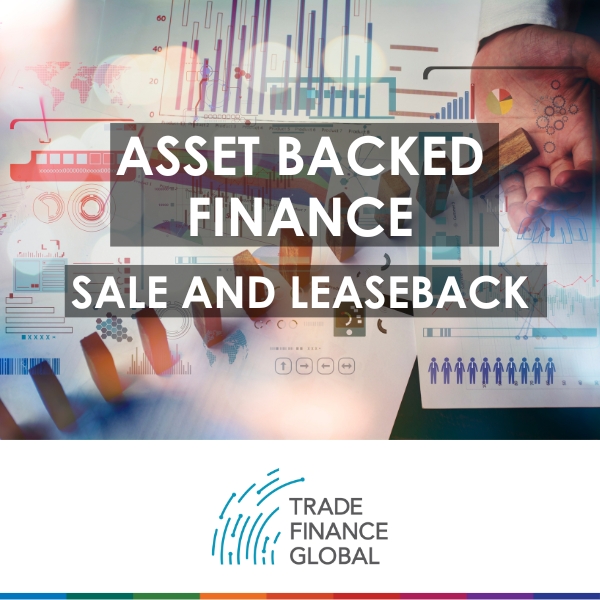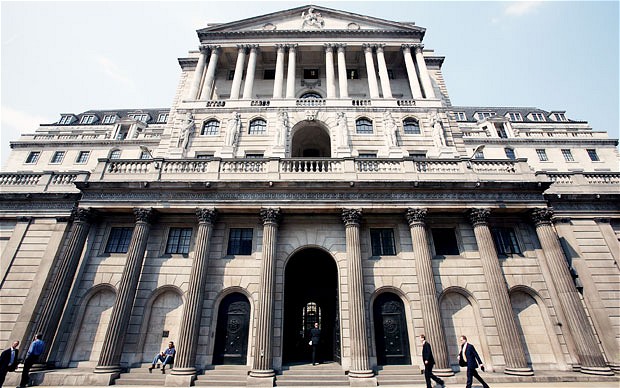Asset Backed Finance| Sale and Leaseback


Access trade, receivables and supply chain finance
We assist companies to access trade and receivables finance through our relationships with 270+ banks, funds and alternative finance houses.
Get startedContents
Asset-backed finance is a mode of lending, secured by an asset. There is a need in most businesses to have sector specific assets in order to grow and thus finance is needed to fund such assets. We can assist with a finance package to fund specific assets. This includes machinery, manufacturing plant, agricultural equipment or commercial vehicles. In effect, the asset acts as security for the loan and if the loan doesn’t work out then security can be enforced over the asset.
What is sale and leaseback, and how does it differ to asset finance?
Asset finance loans are usually provided against the purchase of inventory, machinery and equipment. However, asset based lending (leaseback) is only possible in a country where legal systems allow borrowers to pledge assets as security for loans.
The main benefit of sale and leaseback as a form of business funding is around price; interest rates are lower than normal loans. This is because, in case of default (your company being unable to repay the loans), the lenders are able to recover their investment by selling the assets / security which are tied to the loan. The assets which are guaranteed under asset finance will usually have long term value and high resale value in industries such as manufacturing, construction, transport and waste recycling.
What is asset finance? Read our guide on asset finance here.
What is sale and leaseback?
Simply put, sale and leaseback allows a company to sell back an asset that it owns (and this could even include a commercial property,) to a funder or a bank, in return for a cash sum, but the funder can lease it back to the company at a cost over an agreed period of time.
We have seen in recent years that this type of finance has opened up in terms of asset remit and form of business funding. There are a number of funders who will now finance art, vintage cars, watches and wine collections. Due to the security offered, strict credit checks are less likely and funding can be disbursed in relatively short time frames. It is secure from a lenders perspective, due to the collateral offered and allows companies without a detailed credit history and record to gain access to more traditional capital sources.
Assets that back these types of loans can be fixed assets, which can be plant, vehicles and property or current assets (e.g. circulating capital) such as accounts receivable (debtors – without or with recourse to the original ‘borrower’) and stock. Fixed asset transactions are usually tied to specific assets and working capital transactions are usually on a revolving basis.
What are the advantages of sale and leaseback?
- An agreement can happen in a relatively short time frame, as the security is the asset itself
- Funders are generally flexible in what assets they can finance (from artwork, to cars and complex machinery)
- Loans can vary in size from £500k to £10m
- Releases cashflow into the business relatively quickly and injects cash into the business
- Can provide the seller with additional tax deductions
- Amortization and depreciation of the product is still taken into consideration
How we can help
Trade Finance Global work with asset financiers around the country, and will work on your behalf (for free) to ensure that you get a competitive rates on sale and leaseback transactions.





















